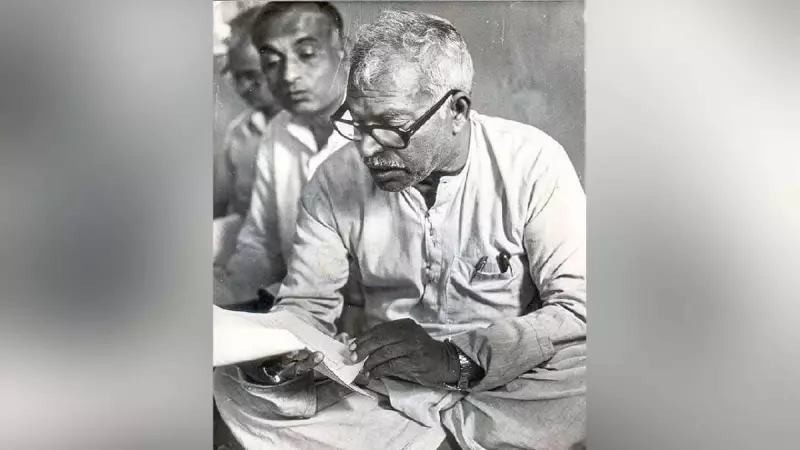
The political landscape of Bihar continues to be profoundly shaped by the legacy of Karpoori Thakur, a socialist icon whose revolutionary policies and unwavering commitment to social justice transformed the state's political discourse forever.
The Architect of Social Justice in Bihar
Known affectionately as "Jannayak" (people's leader), Karpoori Thakur's political journey represents one of the most significant chapters in Bihar's history. Serving twice as Chief Minister in the 1970s, Thakur pioneered policies that challenged the entrenched social hierarchies and empowered marginalized communities across the state.
Revolutionary Policies That Changed Bihar Forever
Thakur's most enduring contribution remains the implementation of reservation for backward classes in government jobs, a bold move that predated the Mandal Commission recommendations by nearly a decade. This landmark decision created unprecedented opportunities for communities that had been systematically excluded from positions of power and influence.
Beyond reservations, his administration introduced several welfare measures that directly addressed the needs of the poor and disadvantaged:
- Significant reductions in school fees to make education accessible to all
- Prohibition of alcohol in certain regions to combat social issues
- Land reform initiatives aimed at redistributing agricultural resources
- Special focus on uplifting the most economically disadvantaged sections
The Enduring Political Legacy
Even decades after his passing in 1988, Karpoori Thakur's influence remains palpable in contemporary Bihar politics. His commitment to social justice has become the foundational principle for numerous political parties and movements that continue to draw inspiration from his vision.
The political alignment in Bihar today, particularly the emphasis on backward class empowerment and social justice platforms, can be directly traced back to Thakur's pioneering work. His son, Ram Nath Thakur, has carried forward this legacy, though the broader impact extends far beyond familial connections.
Why Karpoori Thakur's Story Matters Today
In an era where identity politics and social justice remain central to Indian political discourse, understanding Karpoori Thakur's contributions provides crucial context. His ability to translate socialist principles into concrete policies that improved lives offers valuable lessons for contemporary leaders.
The recent Bharat Ratna award, while posthumous, signifies the national recognition of his monumental contributions to Indian democracy and social justice. It underscores how his vision for an equitable society continues to resonate across generations.
As Bihar navigates its complex political future, the principles championed by Karpoori Thakur—social justice, empowerment of marginalized communities, and equitable development—remain as relevant today as they were during his lifetime.






